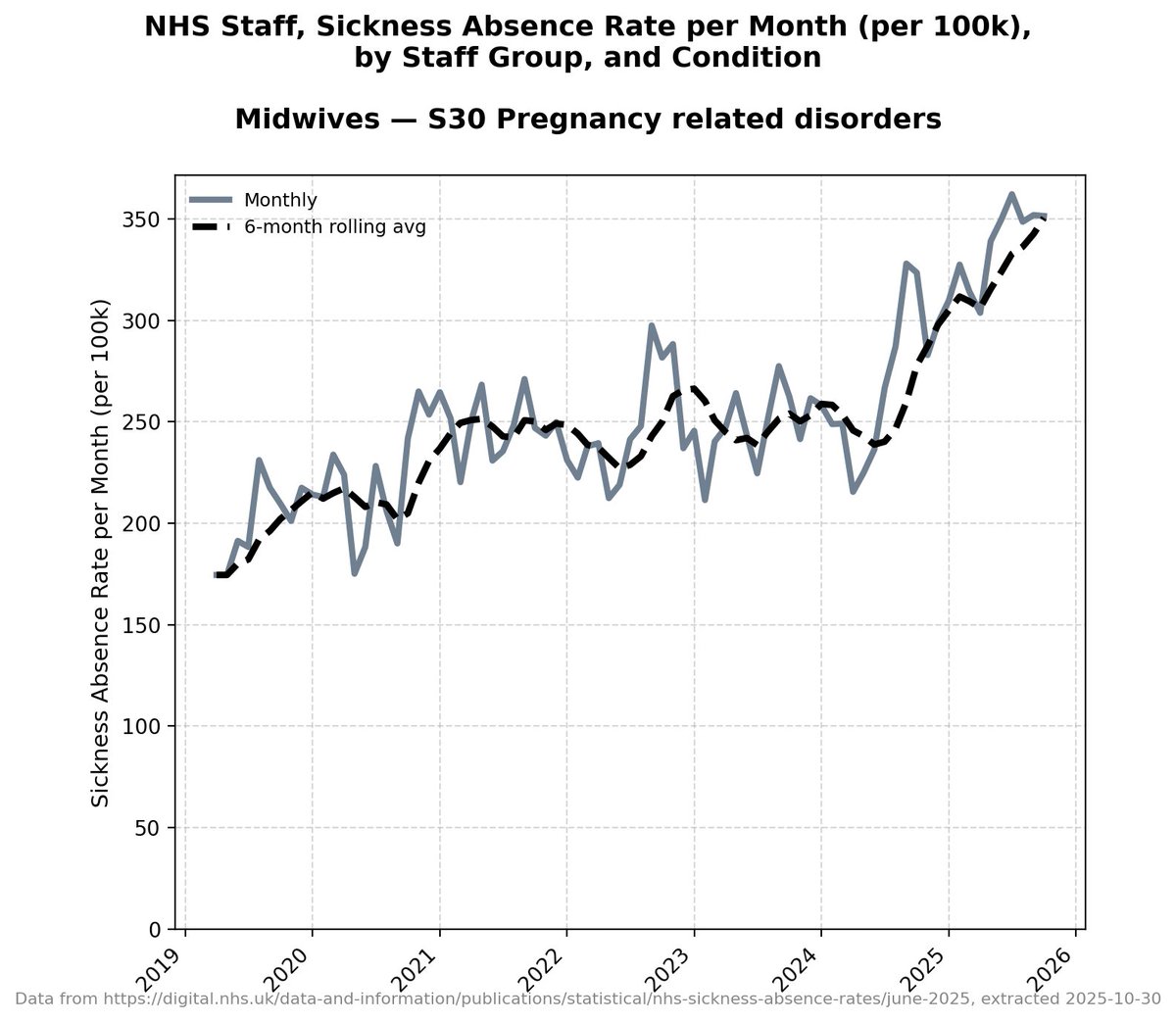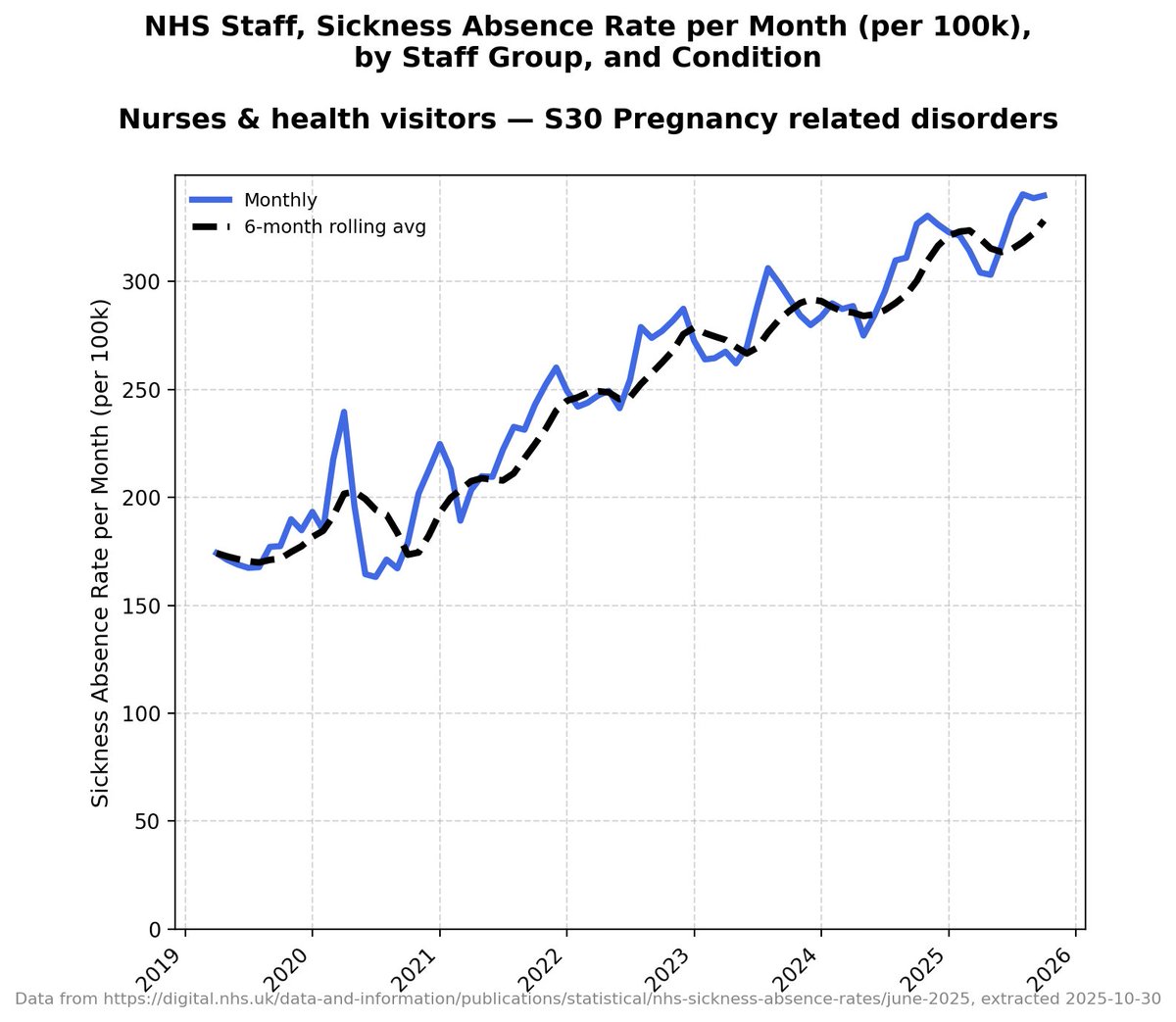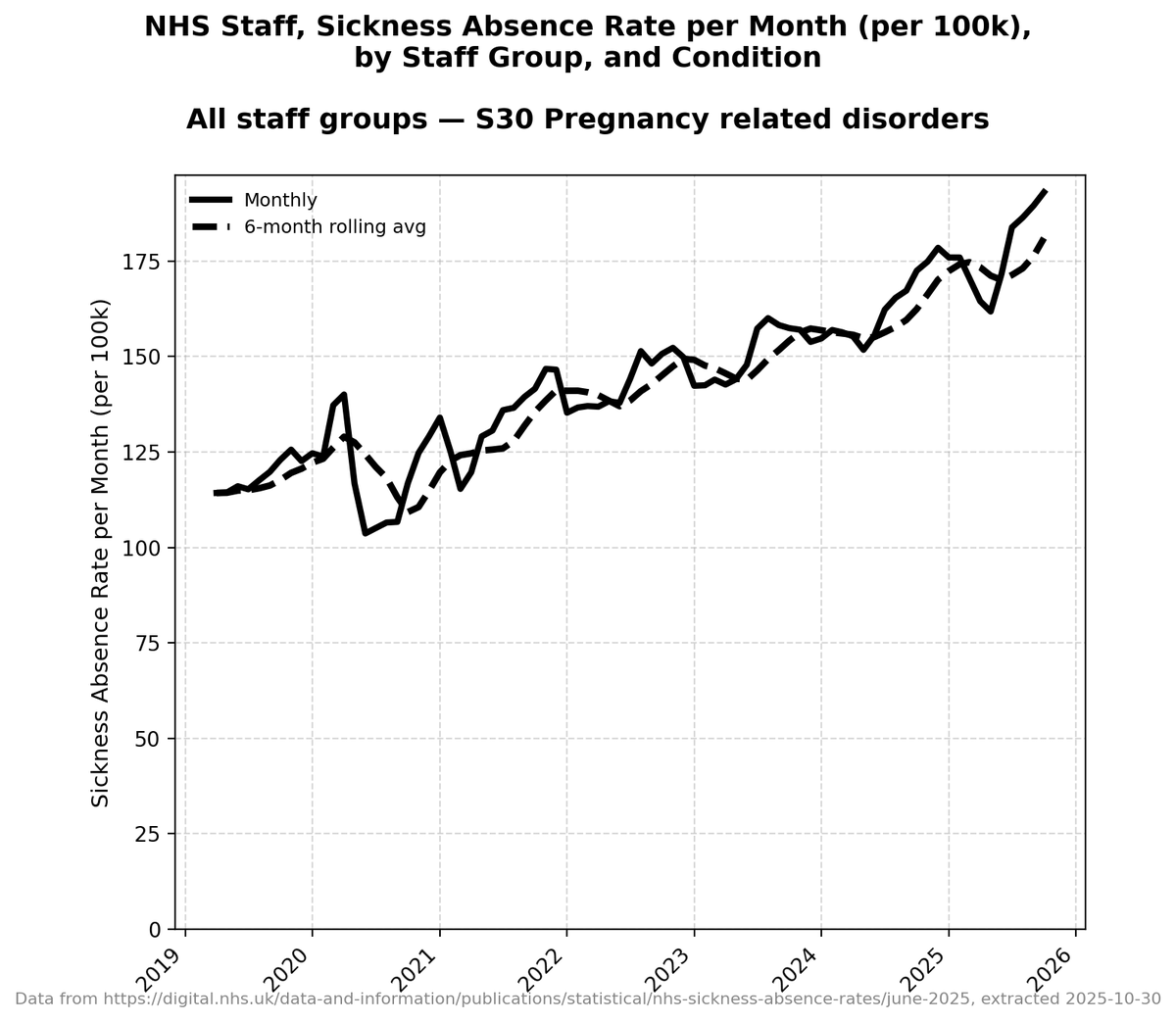I met up with an old friend for a walk earlier this week, taking advantage of a glorious sunny autumn day.
He's not covid cautious or conscious and he didn't know I am, so when I put on a mask to go inside a public building he was taken aback.
"Do you always do that?"
Yes I do.
He's not covid cautious or conscious and he didn't know I am, so when I put on a mask to go inside a public building he was taken aback.
"Do you always do that?"
Yes I do.
We continued on our walk, chatting about all sorts of other stuff, and he brought the subject back round to the mask.
He respects me, and I respect him, so respectfully he asked if I thought masks worked.
He respects me, and I respect him, so respectfully he asked if I thought masks worked.
I said that it depends what you mean by 'work'.
They reduce the amount of airborne particulates you inhale.
Covid is spread mostly by people exhaling and inhaling airborne particulates.
They reduce the amount of airborne particulates you inhale.
Covid is spread mostly by people exhaling and inhaling airborne particulates.
So if you want to reduce your risk of catching Covid by reducing the amount of Covid you inhale, then yes they work.
They're not perfect, but what is?
I've been watching all my colleagues get repeatedly sick, while I've stayed well for five years.
I've been watching all my colleagues get repeatedly sick, while I've stayed well for five years.
And then he asked what made me think that covid was worth avoiding.
I thought about my reply for a moment, and then said "science"
Not anxiety, or fear, or superstition.
Science.
The science outlining what Covid infections are doing is solid and vast.
And the links between what science predicts (eg that covid infections will cause disability) and the effects we see in the everyday (rising disability) are unequivocal.
I've given up trying to always be a cheerleader in these kind of situations.
It's a path that most people are unwilling to consider, so people can take or leave my opinion.
It's a path that most people are unwilling to consider, so people can take or leave my opinion.
But he asked, so I told him.
I told him that I think everyone ages but people who catch Covid repeatedly age quicker in terms of key indicators like lung and brain and heart health.
I told him that waves of Covid infection cause ambulance delays and hospital overcrowding.
I told him that sickness rates in some sectors have doubled.
I could have kept going, but I didn't have the energy or the heart.
He acknowledged that it was potentially true.
He acknowledged that it was potentially true.
But he, like so many others, thinks that he couldn't handle the lifestyle change.
And since we were being honest, I said that isn't a luxury that people with Long Covid have.
They don't get to choose their lifestyle change.
They have had it forced on them by a society that has chosen to get sick and make them sick.
They have had it forced on them by a society that has chosen to get sick and make them sick.
At which point, to my astonishment, he told me that his wife has long covid.
I boggled for a while.
I'm still boggling now.
My mind is boggled.
I told him that the biggest risk factor for worsened long covid seems to be repeat infections.
And we talked about some other stuff like kids and jobs and friends we know whose health has mysteriously gone downhill in the last two years.
But all of the rest of the stuff hung in the air.
I don't know what he's going to do with it.
When a culture is so set against recognising a danger, it's very hard for an individual person to turn and go against that flow.
When a culture is so set against recognising a danger, it's very hard for an individual person to turn and go against that flow.
Good luck to all of the people who hear and make that turn.
Oh, just going to clarify this.
He actually said "My wife thinks she has Long Covid".
He actually said "My wife thinks she has Long Covid".
https://x.com/1goodtern/status/1842209850182225998?t=ObWkMhjCoo94D76J8fZLTQ&s=19
• • •
Missing some Tweet in this thread? You can try to
force a refresh







